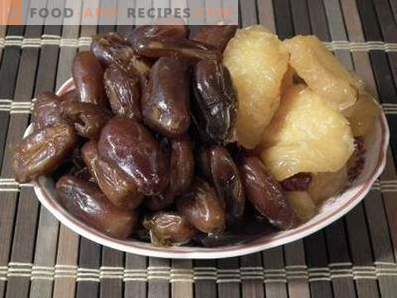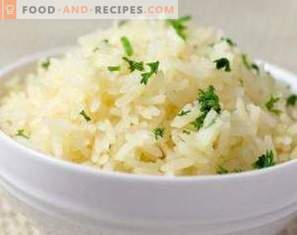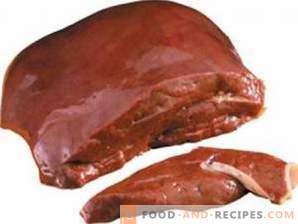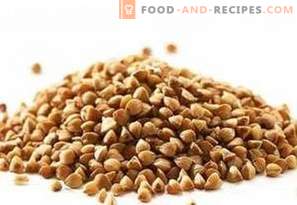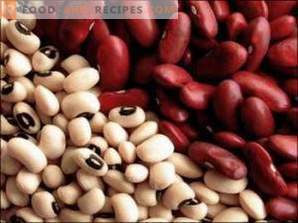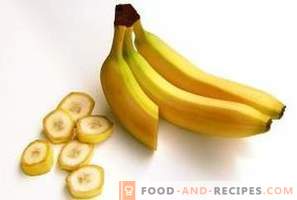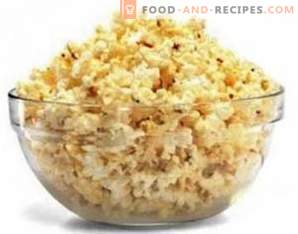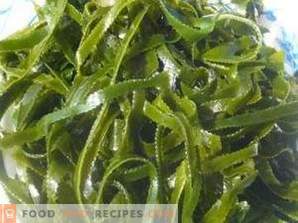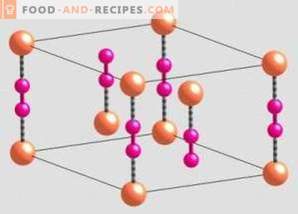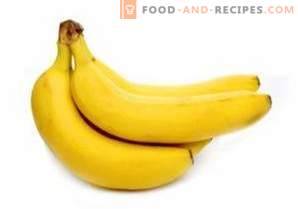
Those who care about proper nutrition often hear that the most useful products are fresh vegetables and fruits. However, their use should be treated with caution, because by solving certain health problems, you can exacerbate other diseases.
How many calories per 100g of bananas
This controversial product, in particular, are bananas, which under certain conditions can be a real poison for people who, for example, suffer from diabetes or are experiencing problems with overweight. By themselves, bananas are considered a dietary product, as 100 g of these tropical fruits contain only 89 kilocalories. However, do not immediately include them in your daily diet. It is necessary to take into account that bananas are delivered from southern countries, and the technology of gas processing of fruits is used for their transportation, which prevents them from rotting. As a result, carbohydrates contained in bananas, the total share of which is not less than 1/5, turn into sugar. Therefore, on the shelves of Russian stores today is sold is not useful for the health and shape of the product, and a sweet dessert, which, moreover, contributes to increased appetite.
Nutritional Value
However, do not underestimate the nutritional value of bananas, which are rich in proteins, vegetable fibers, starches, fats, organic and fatty acids. All these components are necessary for the normal functioning of the internal organs, muscular and skeletal system of any person. Plus, it’s not necessary to dismiss the fact that bananas contain almost all the vitamin B groups, as well as vitamins E, A, C, K and PP, therefore these fruits are indispensable in the autumn-winter period, when people from countries with moderate climate need to strengthen the immune system. In addition, bananas are rich in micro-and macro-elements, they include calcium, phosphorus, potassium, magnesium, iron, sodium, selenium, manganese, zinc and fluorine.
Separately, it should be said about amino acids that are responsible for the process of protein synthesis in the human body and are present in excess in bananas. In particular, these tropical fruits contain valine, glycine, cystine, proline, alanine, tyrosine, tryptophan, glutamine, leucine, methionine, arginine, lysine, isoleucine, phenylalanine, histidine and arginine. That is why bananas are often included in the diet of athletes and people who, by the nature of their activity, constantly have to deal with increased physical activity. An equally important component of these fruits is phytosterols, which are considered an effective vegetable cholesterol substitute and are not deposited on the walls of human blood vessels in the form of plaques, contributing to the development of various diseases. In bananas, the amount of phytosterols is quite high, and is at least 16 mg per 100 g of product. It should also be noted that these tasty tropical fruits are rich in carotenoids, which have a beneficial effect on the endocrine system, strengthen the teeth and bones, maintain water and oxygen balance in the body.
